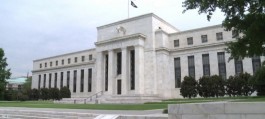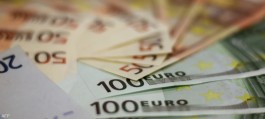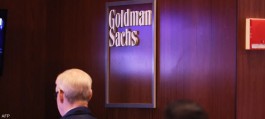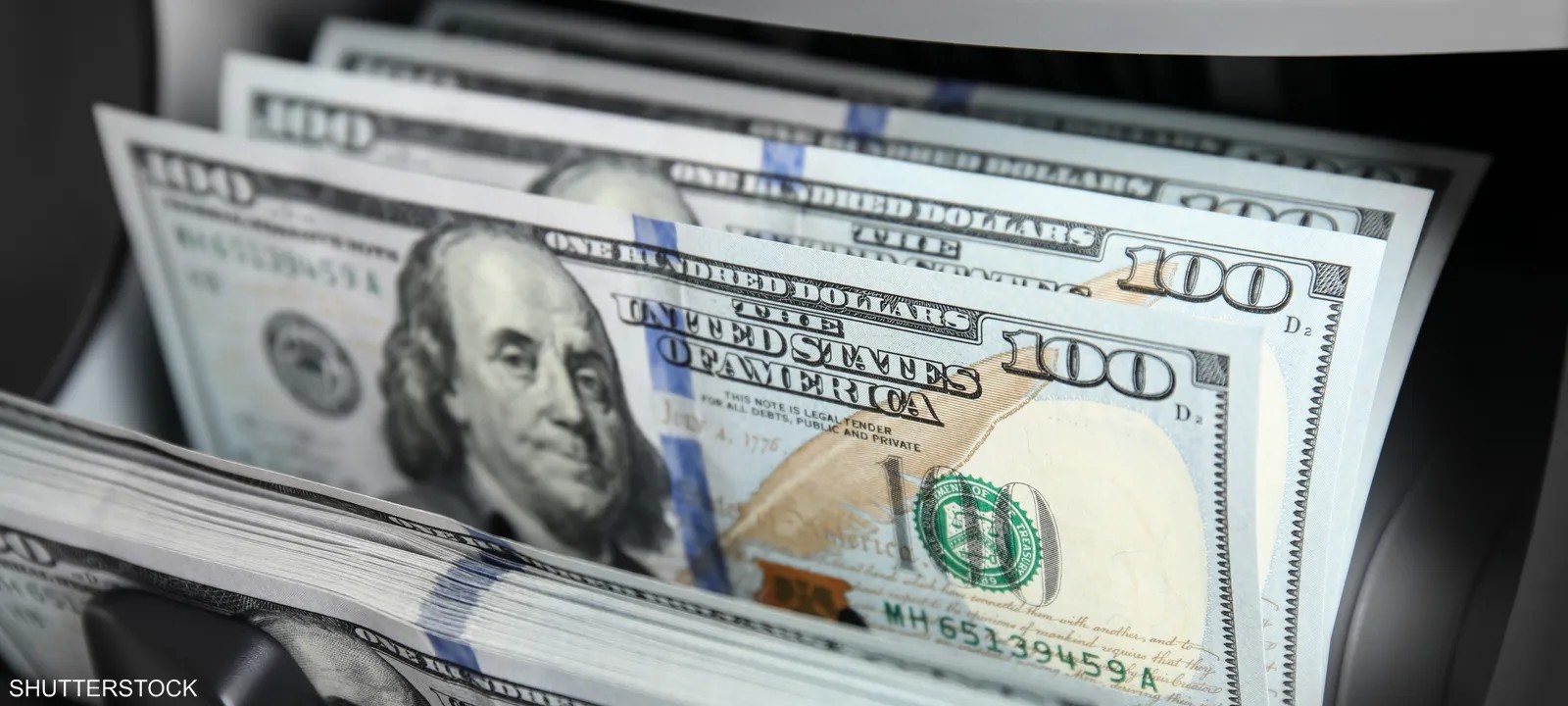The dollar continued to decline after Friday's weaker-than-expected U.S. jobs data reinforced expectations that the Federal Reserve will soon begin cutting interest rates.
The euro also fell on Monday after signs emerged that France's parliamentary elections on Sunday would likely lead to a hung parliament, adding further uncertainty to the country's path toward fiscal and monetary policy.
The pound rose to a three-and-a-half-week high against the dollar as the British currency continued to rally following Labour's landslide election victory last week that ended 14 years of Conservative rule.
The Australian dollar benefited from the weakness of the US currency, reaching a six-month high.
The yen is heading for gains for a third straight day after rebounding from a near 38-year low against the dollar last week.
The euro fell 0.1 percent to $1.08235, having earlier fallen as much as 0.4 percent as traders assessed the implications of a hung parliament in France.
French election results forecasts indicated several surprises, including the left-wing New Popular Front coalition coming in first place and the right-wing National Rally party, led by Marine Le Pen and skeptic of EU membership, coming in last after being the favorite to win the most votes in polls before Sunday's vote.
The dollar index, which measures the performance of the US currency against a basket of six major currencies, stabilized at 104.95, recovering slightly after falling about one percent last week due to weak jobs data issued in the United States.
The dollar lost 0.14 percent against the yen to 160.615, down from a high of 161.96 hit on Wednesday.
The pound fell 0.03 percent to $1.28105 after earlier rising to $1.2820 for the first time since June 12.
The Australian dollar was steady at $0.67465 after earlier rising to $0.67615 for the first time since January 4.







































